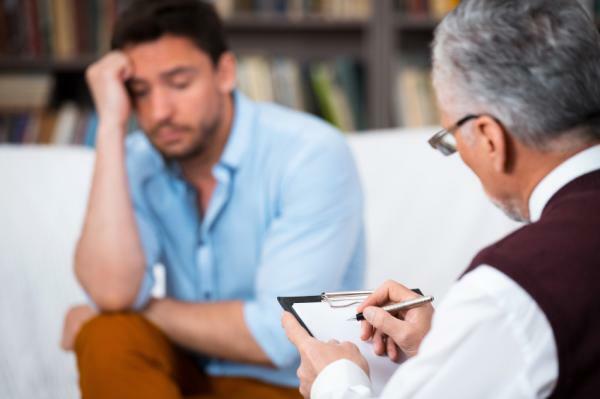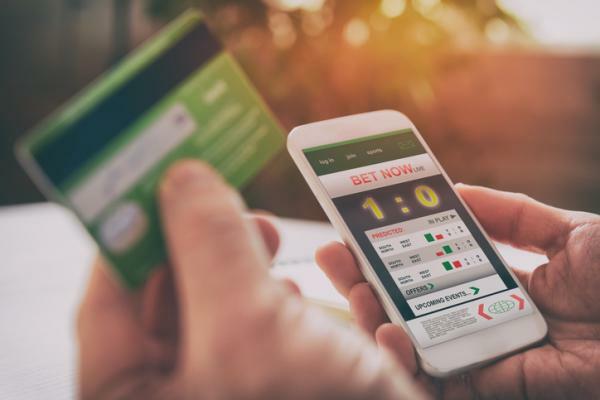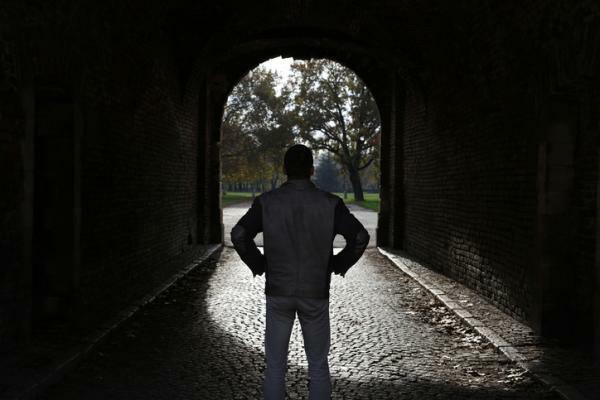
Cocaine use is often associated with leisure or party settings. The profile can be a shy person who wants to have a more sociable attitude at certain events or someone who goes out to party and wants to dance or drink for a longer time. For some people, cocaine becomes the way to be active to get work done faster or increase creativity. However, cocaine addiction usually begins and ends in the same way: with health problems, relationship problems, changes in mood, financial problems, etc.
There are fewer people addicted to cocaine today than in decades past. Despite this, cocaine remains a threat to the health of people who start using it. The negative effects of using cocaine can affect the health and proper functioning of the person in different contexts of his life. In this Psychology-Online article, we explain symptoms and treatment of cocaine addiction.
Due to the brevity and intensity of the effect of cocaine, withdrawal symptoms from this substance appear quickly. In fact, many people who use cocaine may experience these symptoms an hour after the last use. This phenomenon, known as crash, is the warning that the body and brain begin to perceive deficits of certain neurotransmitters, especially dopamine. As a result of this lack, the person addicted to cocaine experiences feelings of
In addition to the above symptoms, the craving (desire to consume the substance) is the most characteristic symptom of periods of abstinence. Due to the long-term chemical changes that cocaine use causes in the brain, psychological withdrawal symptoms can last longer than physical ones. Until the person has been abstinent, the brain will not produce naturally again neurotransmitters (dopamine) to solve the chemical imbalance produced by the consumption of cocaine. Until then, withdrawal symptoms may persist.
There are many treatment options available to help an addicted person get off cocaine, from admission to regular visits to the clinic or center where the person is undergoing treatment.
Treatment can be psychological and pharmacological.
Psychological treatment
- Behavioral therapy: is a psychological therapy that focuses on the reasons, motivations and possible underlying psychological aspects related to cocaine use. Current research points to behavioral therapy as an effective therapy in cocaine addicted patients. An example of this therapy that has been successful in abstinence is contingency management. This treatment is based on providing incentives (money, gifts ...) if the patient maintains the withdrawal or improvement in some other positive aspect, such as an improvement in relationships social. This treatment has shown good results, but in the long term it seems to lose some efficacy.
- Cognitive behavioral therapy: Another psychological treatment that can be used in cases of cocaine addiction is cognitive-behavioral therapy. It focuses mainly on the reasons why the person uses the substance and helps to modifying certain non-adaptive thinking patterns that can favor consumption of cocaine.
Drug therapy
Drug therapy is used to treat physical symptoms from dependence on cocaine.
This type of treatment uses drugs that act in a similar way to the substance of abuse, but to a different or reduced degree. Over time, the doses of these drugs are reduced in order to be dissociated from the substance and be able to work on drug dependence in abstinence and be closer and closer to recovery from addiction.
The medication used depends on the specific program and on each case, so one medication is not universally suitable for all cases of cocaine addiction.
In the following Psychology-Online article, we show good guidelines for preventing drug addiction in adolescents.

This article is merely informative, in Psychology-Online we do not have the power to make a diagnosis or recommend a treatment. We invite you to go to a psychologist to treat your particular case.


